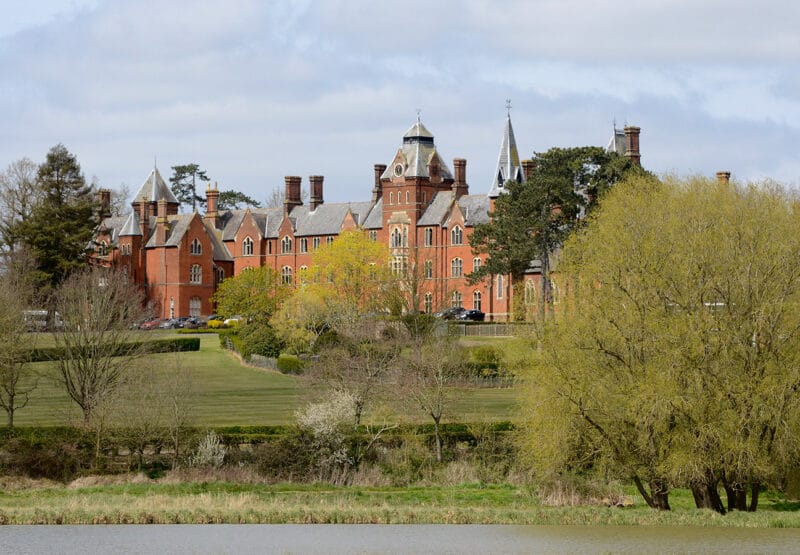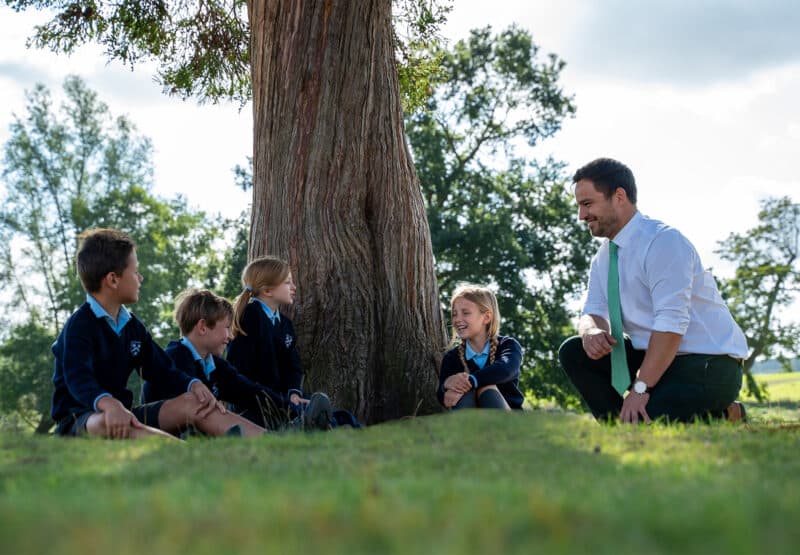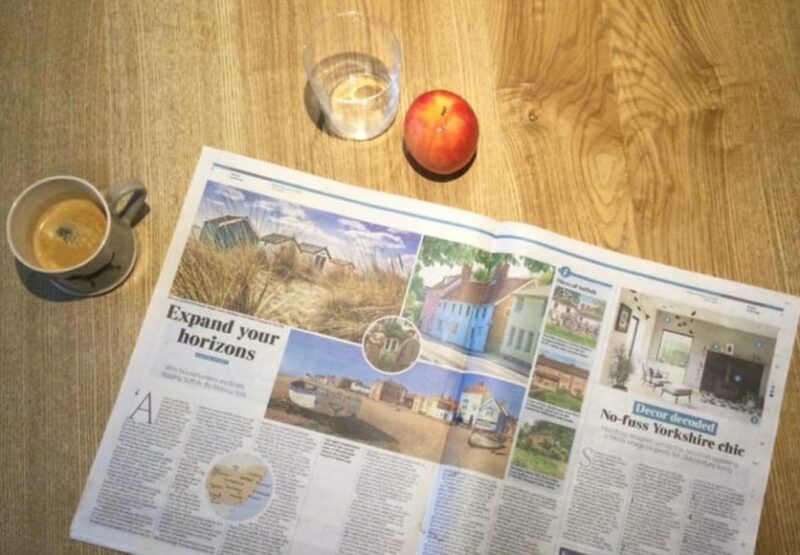By: Matthew King – Headmaster, Framlingham College Prep School
I recently returned from the conference of Prep School Headmasters’ at Westminster where the remarkable Natasha Devon, former adviser to the Government on children’s mental health, spoke about the growing crisis that afflicts our children.
“Young people today have more of what they don’t need and less of what they do. Their parents tend to work long hours. Their teachers are being stressed to breaking point by an ever-spiralling workload. Quality time is scant. They live in a world which finds constant new and innovative ways to tell them they aren’t good enough.”
As Heads we nodded sagely, applauded in unison and then quickly opened up our email boxes to respond to queries about rugby team selection, made calls to our PAs to check that our own child care was in place and set up conference calls to juggle tricky enquiries about 11 plus exams or the size of the snacks our pupils enjoy for tea. The amount of pressure Heads themselves absorb becomes more evident every year and for those in some of the most competitive and pressurised areas of the country I can understand entirely why they no longer teach, why they so regularly move schools and why they constantly seem so overburdened and under siege. We talk a lot in staffrooms about the stresses and strains that modern life exerts on our children but not enough about how it affects us as adults, and especially as parents. It seems so obvious really but when we feel under stress we communicate the same feelings to our children, in conscious and sub conscious ways, and this affects behaviour and wellbeing in schools, class rooms and homes across the country. And it is not just our own personal stresses that we impart. We have found ourselves impotent spectators as successive governments ramp up a rigorous culture of testing that is detrimental to children’s mental health. Most depressingly of all, we end up choking back our battle cry for the preservation of childhood and a broad and balanced education, allowing it to be swallowed by the incessant beat of our own fear of parental failure and the insatiable curse of the caregiver’s angst. As Alison Gopnik observed in her recent book The Gardener and the Carpenter: “Just about everybody thinks that children should have time to play but playtime is one of the first things to go when we start legislating children’s lives”. We all seem to agree that childhood must be a period of variability and possibility, exploration and innovation, learning and imagination. But we find ourselves falling prey to narrowing targets and refusing to tolerate the very failures from which we promised our children they could learn. Too often we champion schools which appear designed to shape children into one particular kind of adult and whose sole performance indicators become their ability to create children who score well on standardized tests and gain admission to the next school. Anxiety is the fastest growing illness in under 21s and, as the adults in our children’s lives, we have to accept some responsibility for that growing problem.But it would be unfair to heap this burden solely on the shoulders of parents who are more victim than villain in this piece. There has been little enthusiasm from recent Governments for a sea change in education policy and Natasha Devon herself was unceremoniously axed from her role back in the Spring for criticising the regime. Many parents work every hour that God sends to provide the very best lives for their families and they need and deserve more help. At Framlingham we always put children first and we are passionate about preserving childhood. We maintain a curriculum that is broad and full of challenge, one that allows all our pupils to succeed and in so many different ways. But we know we cannot nurture happy children, without first nurturing happy parents. That’s why we aim to build our school around the lives of our families and not the other way round. Our flexibility is unrivalled in that we operate very much like a day school but we are open seven days and offer flexible boarding all week. While our full boarding numbers are relatively small, three quarters of the school boarded at some stage last year, some because their parents needed them to, but most just because they love it. On top of this, we offer extended days, complimentary after school care, connecting buses and a sensitive transition between Prep and College that allow families here to avoid so many of the pressures and pitfalls experienced elsewhere.
We can’t change the stifling legislation of Westminster politicians. We can’t change the demanding and multifarious nature of modern family life. But we can aim to build a garden in which childhood will take root, a haven for parents in an unpredictable world and a safe second home which children can grow to love as their own.







